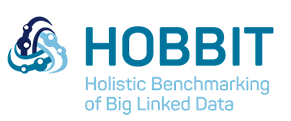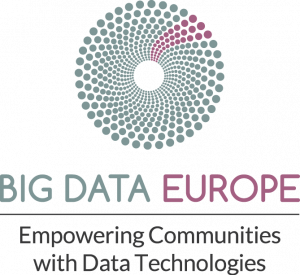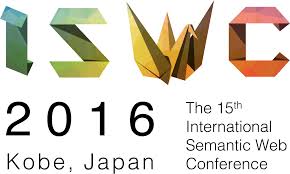
Abstract 1
Entity linking has become a popular task in both natural language processing and semantic web communities. However, we find that the benchmark datasets for entity linking tasks do not accurately evaluate entity linking systems. In this paper, we aim to chart the strengths and weaknesses of current benchmark datasets and sketch a roadmap for the community to devise better benchmark datasets.
Abstract 2
Entities and events in the world have no frequency, but our communication about them and the expressions we use to refer to them do have a strong frequency profile. Language expressions and their meanings follow a Zipfian distribution, featuring a small amount of very frequent observations and a very long tail of low frequent observations. Since our NLP datasets sample texts but do not sample the world, they are no exception to Zipf’s law. This causes a lack of representativeness in our NLP tasks, leading to models that can capture the head phenomena in language, but fail when dealing with the long tail. We therefore propose a referential challenge for semantic NLP that reflects a higher degree of ambiguity and variance and captures a large range of small real-world phenomena. To perform well, systems would have to show deep understanding on the linguistic tail.
The papers are available at lrec-conf.org and aclweb.org.
About the AKSW Colloquium
This event is part of a series of events about Semantic Web technology. Please see http://wiki.aksw.org/Colloquium for further information about previous and future events. As always, Bachelor and Master students are able to get points for attendance and there is complimentary coffee and cake after the session.

 upcoming colloquium on 23.01.2017, Ivan Ermilov will present his work on automatic mappings of tables to knowledge graphs, which was published as
upcoming colloquium on 23.01.2017, Ivan Ermilov will present his work on automatic mappings of tables to knowledge graphs, which was published as 



 Afterward,
Afterward, 